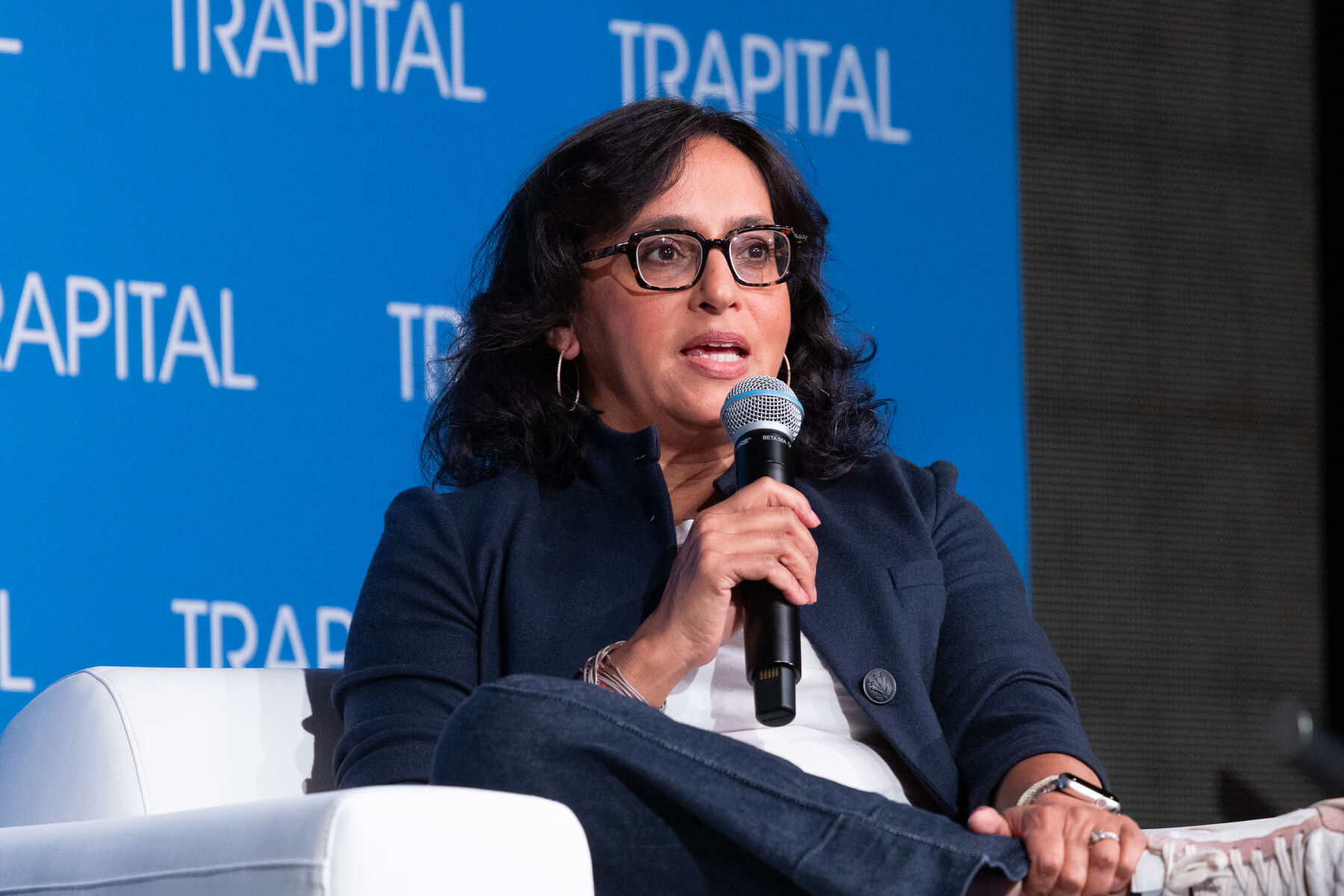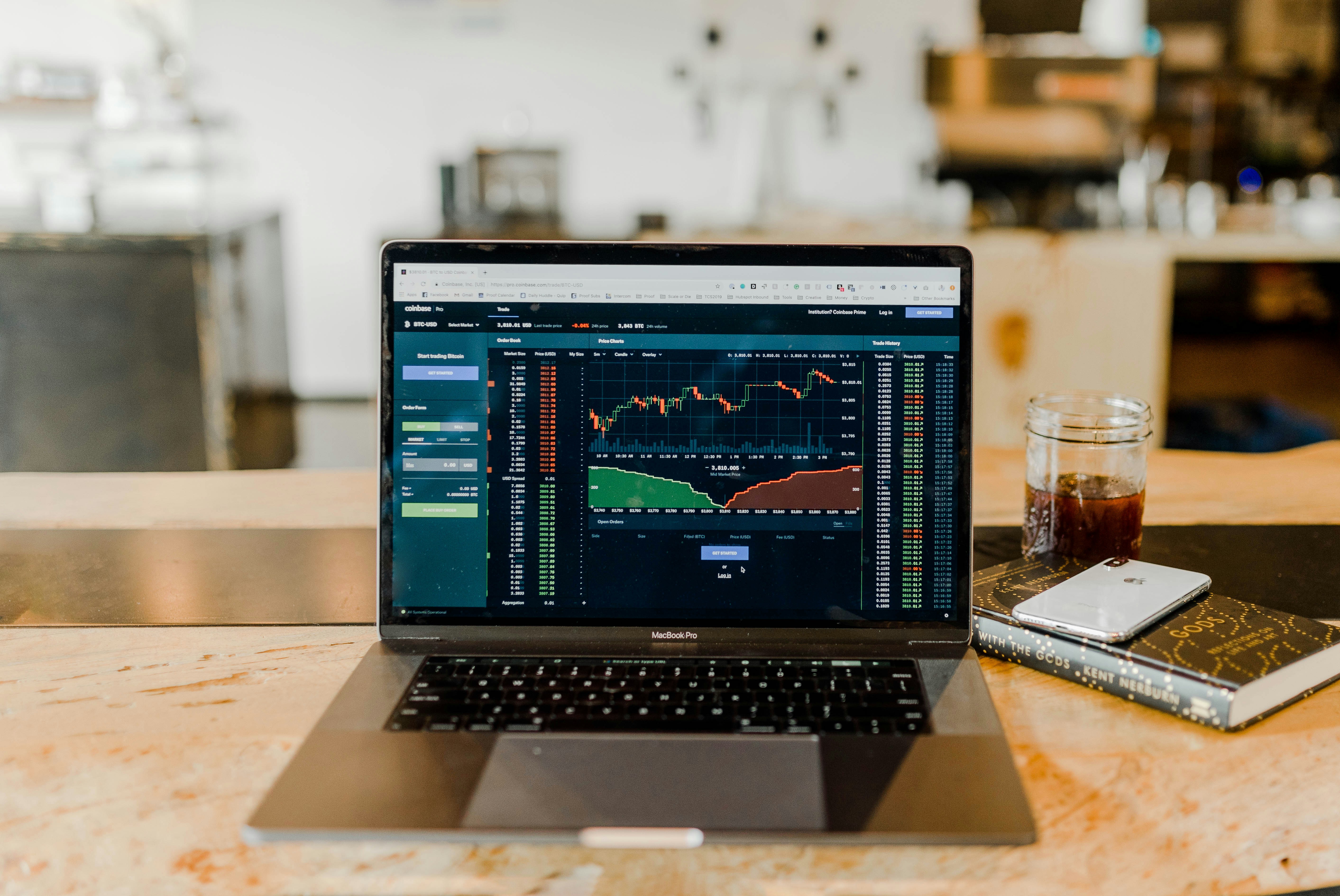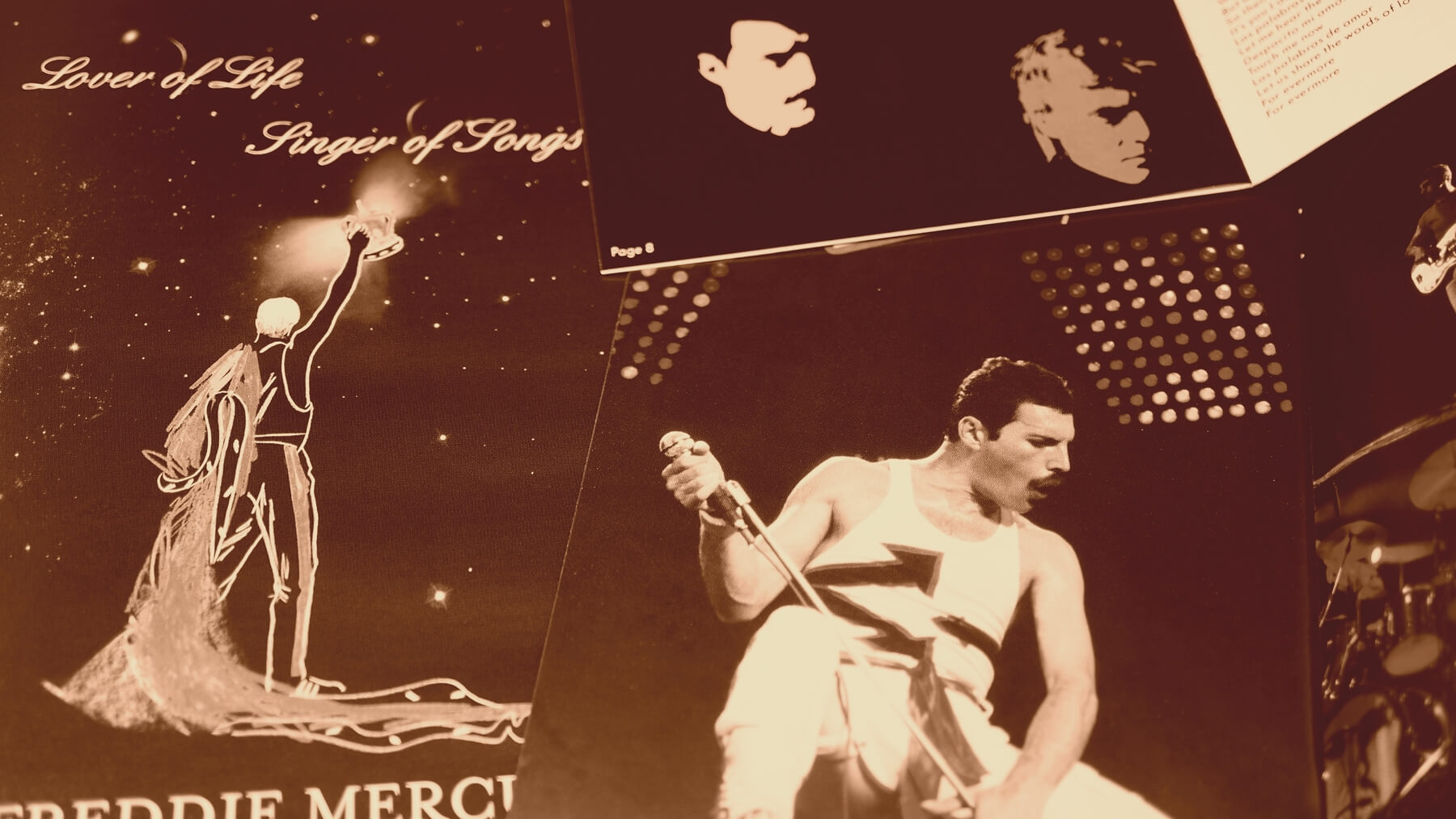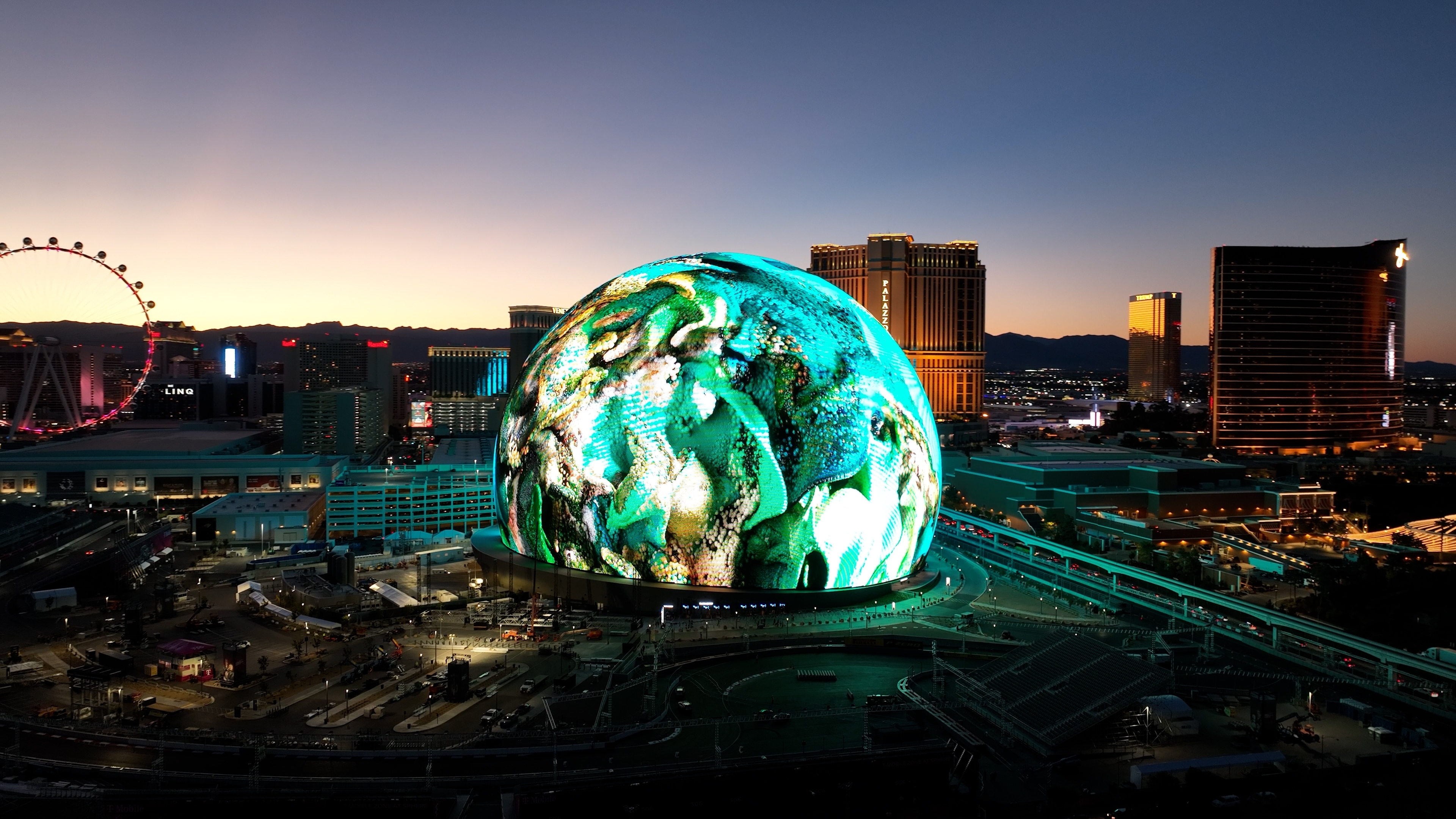This memo is presented by Too Lost.
.svg)
The new Too Lost app is designed to make independent artists’ lives easier than ever. Upload your track directly from your phone and have it live on Spotify, Apple Music, TikTok, YouTube, and over 450 platforms with just a few taps. With real-time analytics on streams, audience growth, and earnings, you’ll always know how your music is performing.
Too Lost also helps you collaborate seamlessly by splitting royalties, sending payments, and managing releases without the hassle. Take full control of your career today, download the Too Lost app on iOS or Android.
Today’s Trapital episode is all about some major changes at a growing company. You’ll hear Splice CEO Kakul Srivastava talk about the company’s $50 million acquisition of Spitfire Audio, M&A lessons learned, and how she structures the business. This conversation is from our Trapital Summit.
You can listen here or read below for Kakul’s thoughts on AI.
There's an ongoing tension in generative AI around creativity. One common critique of large language models (LLMs) like ChatGPT, Claude, and Perplexity is that their output is too generic, vanilla, and not creative enough.
But these models all have guardrails to try to prevent the hallucinations that are correlated with unique and nontraditional outputs. The upside of creativity is not worth the credibility risk that these models face.
This tension showed up in a story that Splice CEO, Kakul Srivastava, shared a few weeks ago at our Trapital Summit:
"I had a board meeting this morning, so I was making some slides, and I wanted to use the phrase, 'Skate to where the hockey puck is going.'
Great phrase, right? Always wanna be skating where the hockey puck is going. And so I asked an AI tool to make me a photo of a hockey puck going fast on the ice, but I wanted a hockey stick in the background. It made me take that photo, not realizing that the other hockey stick also has a hockey puck.
I don't know much about hockey, but there aren't two pucks on the ice, right…
I just feel like those of us building AI tools, like we just have more work to do."
This example was given as a response to whether creators want more or less creative control with AI in their process.
There are two important factors here. The first is dependent on the quality of the tools. If the underlying technology has gaping holes, hallucinations, or quality issues, users are much less likely to relinquish control to that tool. The AI's output can still be helpful, but the guardrails depend on the trustworthiness of the output.
The second factor is subjective and based on an individual creator's preferences. Splice's user base likely skews toward creators who want more balance.
Here's Kakul speaking about that for the creators who use Splice tools:
"[Creators] want to make sure that whatever they're creating, they have the ability to monetize someday if they want to or not… They don't want something that just gives them the answer. They want to be able to express themselves. So those are the principles that we're gonna keep working on."
Splice's music creators may not want to push a button, and a song comes out. But the verdict is still out on whether there is a substantial number of music creators out there who do want that.
In January, Suno reported that 25 million users have used its platform to create a song. Those aren't monthly active users, yet it's still a notable number. It suggests there's real demand for tools that prioritize output over creative control.
I'm eager to see how this evolves! Listen to our full episode from the Trapital Summit with Kakul. We also discussed lessons learned from the company's recent acquisition, organizational structure, the future of AI, and more.
Listen here: Spotify | Apple Podcasts | Overcast
Chartmetric Stat of the Week
Coachella 2026 has officially sold out. I wanted to see where each headliner was on Chartmetric’s Artist Rank. Justin Bieber is the #1 artist globally, while Sabrina Carpenter is #20, and Karol G is #19. But the next level down is more variable. Young Thug is #136, The Strokes are #890, and Anyma is #2,203. The rank is more influenced by streaming and socials than live performance, but it still shows a broad range of levels.


.avif)







